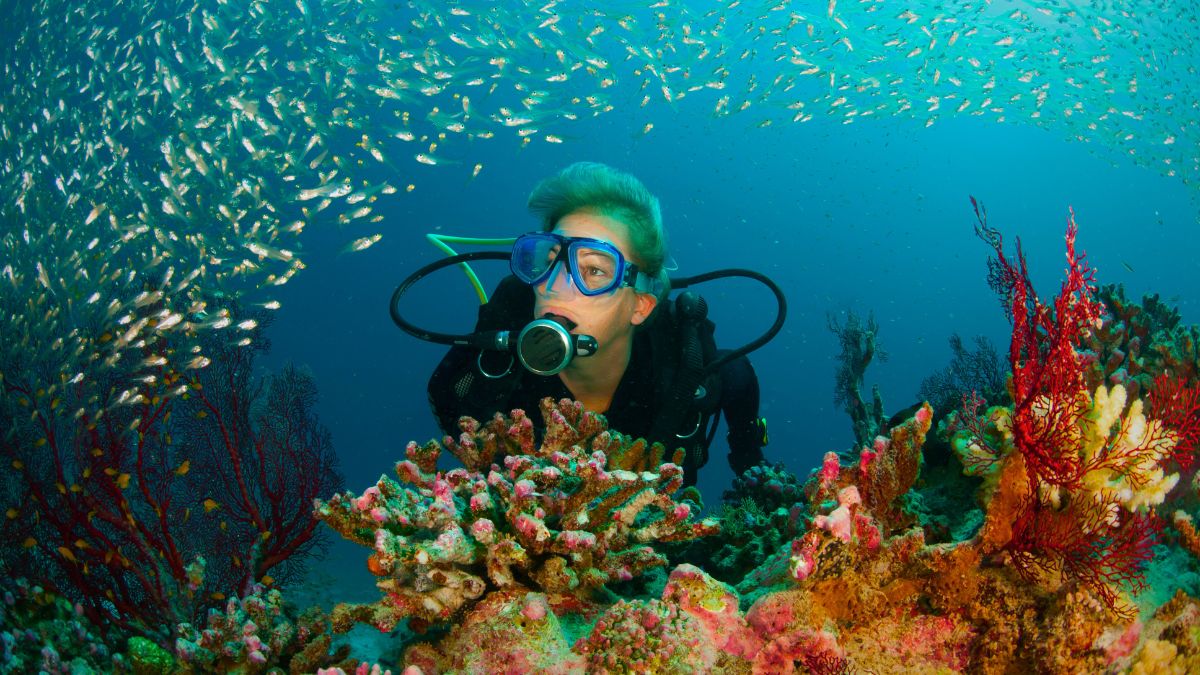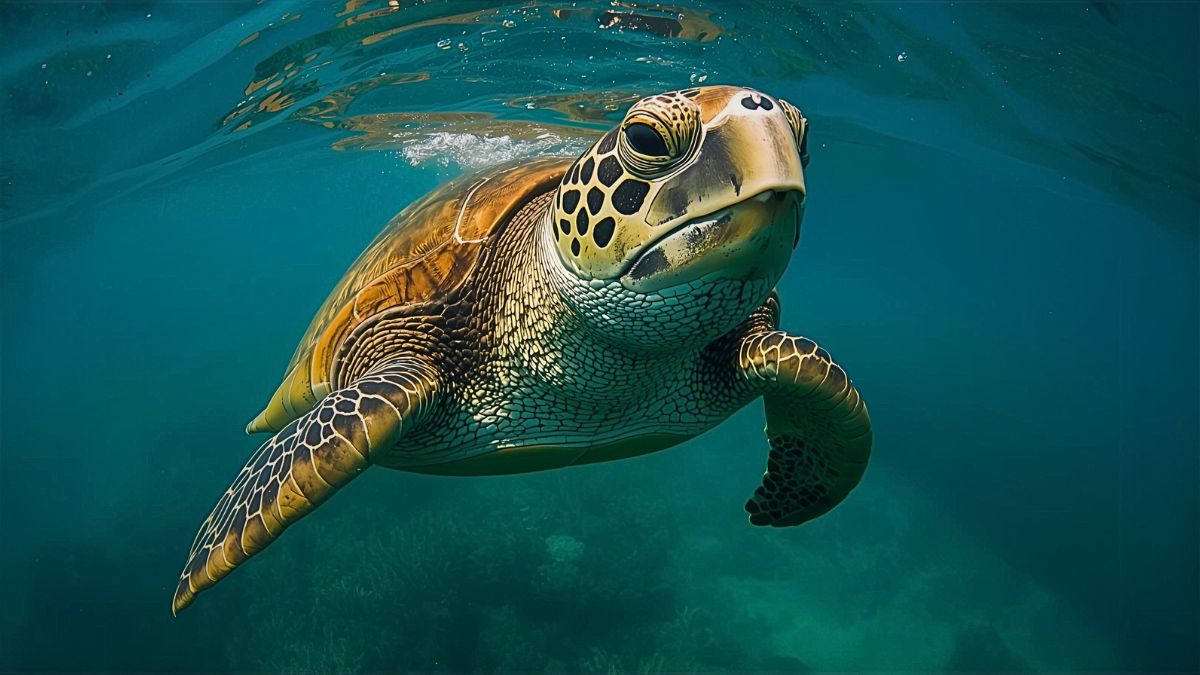Your first scuba diving experience stays with you forever. The vibrant coral, the curious fish, the feeling of weightlessness, it’s pure magic. But here’s what many new divers miss: staying safe doesn’t end when you surface.
I learned this lesson the hard way during my early diving days in Costa Rica. After an incredible morning dive at Isla del Caño, I was so excited that I immediately planned a hike up to a mountain viewpoint. A few hours later, I felt dizzy and unusually fatigued. Fortunately, it was nothing serious, but it taught me a valuable lesson about respecting post-dive safety protocols.
Your post-dive actions are crucial for ensuring both your safety and enjoyment of future dives. In this guide, I’ll share six essential things not to do after diving, backed by science and expert recommendations.
Why Post-Dive Safety Matters: Understanding Nitrogen Off-Gassing
Before we dive into the specific restrictions, let’s talk about what’s actually happening inside your body during and after a dive.
What Happens to Your Body During a Dive
When you descend underwater, the increased pressure causes your body to absorb nitrogen from the compressed air in your tank. The deeper and longer you dive, the more nitrogen dissolves into your blood and tissues. This is completely normal and expected.
Think of your body like a sponge soaking up water. At depth, your tissues are that sponge, and nitrogen is the water being absorbed. When you ascend slowly and do your safety stops, you’re giving that sponge time to release the water gradually and safely.
The Science Behind Decompression Sickness
Here’s where things get serious. If you ascend too quickly or put your body under certain stresses after diving, that dissolved nitrogen can form bubbles in your bloodstream and tissues. These bubbles can block blood flow, damage tissues, and cause a condition called decompression sickness (DCS), commonly known as “the bends.”
The symptoms can range from joint pain and skin rashes to paralysis, unconsciousness, or even death in severe cases. According to Divers Alert Network (DAN), while DCS is relatively rare when proper procedures are followed, it’s entirely preventable by respecting post-dive guidelines.
Did you know? Your body continues eliminating nitrogen for up to 24 hours after a dive. Even though you feel fine on the surface, the off-gassing process is still happening inside your tissues, which is why post-dive precautions matter so much.
1. Never Fly Immediately After Diving
This is the most critical rule for scuba divers, and for good reason.
Why Flying After Diving Is Dangerous
The air pressure inside an airplane cabin is lower than at sea level. When you board a plane too soon after diving, this reduced pressure creates a situation similar to ascending too quickly underwater. The nitrogen still in your tissues can expand rapidly, forming dangerous bubbles that lead to decompression sickness.
Dr. David W. McNair, a dive medicine expert, emphasizes: “The key to safety post-dive is giving your body time to eliminate excess nitrogen. Always err on the side of caution.”
Recommended Wait Times Before Flying (DAN Guidelines)
The Divers Alert Network provides specific guidelines for flying after diving:
- Single no-decompression dive: Wait at least 12 hours before flying
- Multiple dives per day or multiple days of diving: Wait at least 18 hours before flying
- Dives requiring decompression stops: Wait at least 24 hours before flying
Many experienced divers, myself included, prefer to wait a full 24 hours regardless of the dive type. It’s simply not worth the risk.
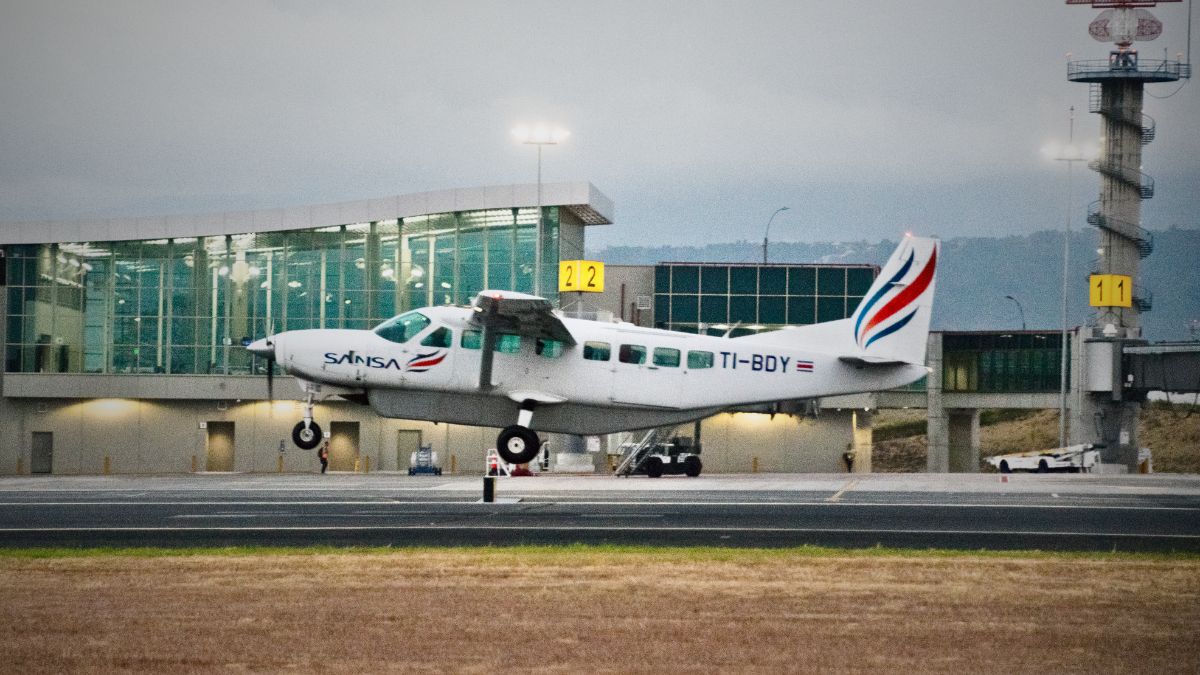
Planning Your Costa Rica Diving Vacation Around Flight Times
If you’re diving in Costa Rica, here’s a practical tip: Don’t schedule dives on your departure day. I know it’s tempting to squeeze in one last dive before heading to the airport, but resist the urge.
Instead, use your final day to explore topside attractions. Visit Manuel Antonio National Park, relax on the beach, or explore local markets. Costa Rica has incredible biodiversity above water too! This approach ensures you’re well within safe limits when you board your flight home.
Also, remember that San José, where most international flights depart, sits at about 3,800 feet elevation. Even the drive to the airport involves altitude gain if you’re diving on the coast, which is another reason to give yourself that full 24-hour buffer.
2. Avoid Strenuous Physical Activities
After a thrilling dive, it’s tempting to celebrate with a hike or some other form of vigorous activity. Trust me, I understand the excitement.
What Counts as Strenuous Activity Post-Dive
Strenuous activities include anything that significantly elevates your heart rate or puts stress on your muscles and joints:
- Hiking, especially on hills or mountains
- Running or jogging
- Gym workouts, weight training, or CrossFit
- Playing sports like beach volleyball, soccer, or tennis
- Vigorous swimming
- Even intense dancing!
The problem is that physical exertion increases blood flow and can promote bubble formation in your tissues. It also makes it harder to distinguish between normal muscle soreness from exercise and the joint pain that’s a warning sign of DCS.
How Long Should You Wait Before Exercising
According to DAN, the consensus among researchers is to wait at least 4 to 6 hours before engaging in strenuous exercise after diving. However, I recommend waiting even longer if possible, especially after deep or repetitive dives.
Safe Alternative Activities in Costa Rica
So what can you do after diving in Costa Rica? Plenty! Here are some low-impact activities I love:
- Gentle beach walks at sunset
- Wildlife watching (sloths, monkeys, birds)
- Photography around your dive resort
- Light snorkeling in shallow water (after adequate surface interval)
- Enjoying local cuisine at beachside restaurants
- Sunset catamaran cruises (as long as they don’t involve altitude)
- Gentle yoga or stretching
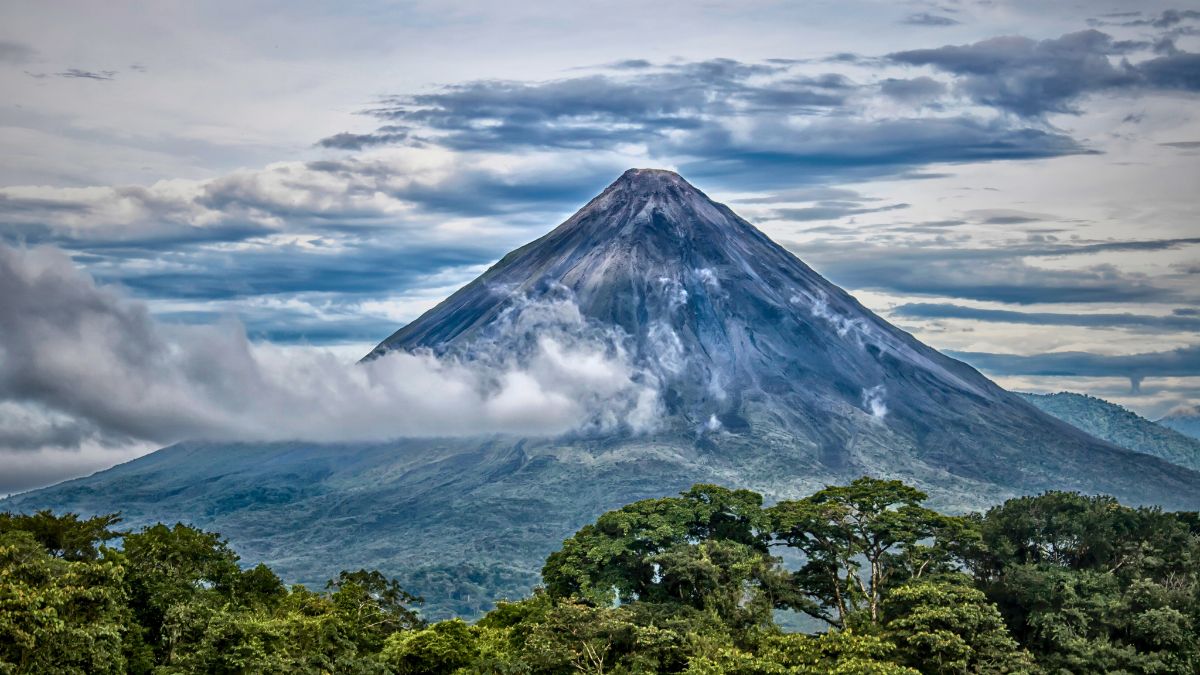
Personal story: After my first diving course in Uvita, I was eager to explore the beautiful hiking trails nearby. I didn’t take into account how fatigued I felt after diving. A few hours later, I found myself more exhausted than I anticipated, with sore legs and a pounding headache. Now I save my hiking adventures for non-diving days or at least wait until the next day. Listen to your body, it knows what it needs.
Fun fact: Scuba diving itself can burn 300 to 600 calories per hour depending on conditions and your body weight. Your body needs recovery time, just like after any other physical workout.
3. Don’t Ignore Hydration After Your Dive
Hydration might seem obvious, but it’s one of the most overlooked aspects of dive safety.
Why Divers Get Dehydrated
Several factors contribute to dehydration during diving:
- Dry air in your tank: The compressed air you breathe is extremely dry, which dehydrates your respiratory system
- Immersion diuresis: Being underwater causes your body to produce more urine, leading to fluid loss
- Sweating: In tropical locations like Costa Rica, you sweat before and after dives, even if you don’t notice it
- Reduced thirst sensation: The pressure and focus during diving can suppress your normal thirst signals
How Much Water Should You Drink Post-Dive
According to research published in peer-reviewed diving medicine journals, divers who stay well-hydrated are significantly less likely to experience symptoms of decompression sickness.
Here’s my recommended hydration schedule:
- Drink 16 to 24 ounces of water immediately after surfacing
- Continue drinking water throughout the day, aiming for at least 2 to 3 liters total
- Avoid alcohol and limit caffeine, as both are diuretics that increase dehydration
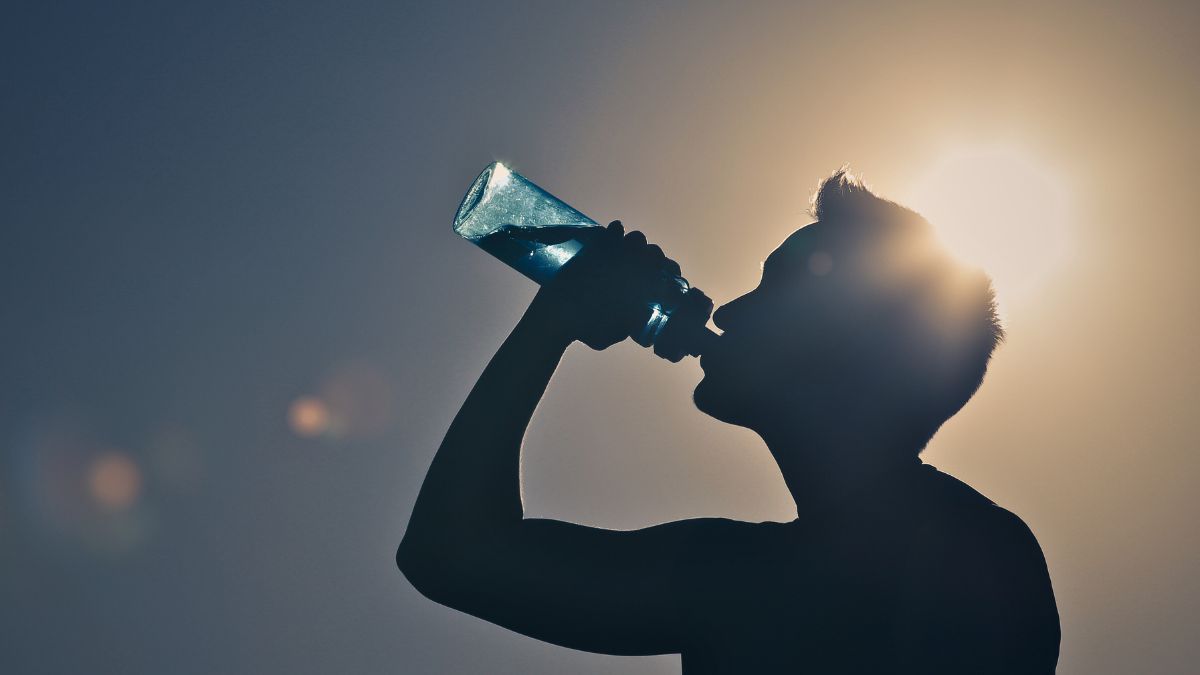
Best Foods and Drinks for Rehydration
In Costa Rica, you have access to some of the world’s best natural hydration sources:
- Fresh coconut water: Nature’s sports drink, packed with electrolytes
- Watermelon, pineapple, and other tropical fruits: High water content plus natural sugars for energy
- Cucumber and celery: Over 95% water content
- Homemade agua fresca: Traditional Costa Rican fruit drinks without excessive sugar
Avoid heavy drinking after diving. While an ice-cold Imperial beer might sound perfect after a dive, alcohol interferes with your body’s ability to eliminate nitrogen and accelerates dehydration. If you choose to drink alcohol, wait at least 3 to 4 hours and make sure you’re well-hydrated with water first.
4. Refrain from Hot Showers, Saunas, or Hot Tubs
This one surprises many divers. After a cool dive, a hot shower or soak in a hot tub seems like the perfect way to warm up and relax. But it can actually be dangerous.
The Temperature-Pressure Connection
When you suddenly increase your body temperature in hot water, your blood vessels dilate and your tissues warm up quickly. According to DAN, warming tissues with significant gas loads can promote bubble formation.
Here’s the science: Gas solubility is inversely related to temperature. When tissues warm up, they hold less dissolved nitrogen. If warming happens too quickly, bubbles can form faster than your circulation can safely remove them.
Safe Post-Dive Shower Guidelines
PADI instructors recommend: “After diving, allow your body to cool down naturally. This will aid in the recovery process and minimize risks associated with thermal stress.”
Here are my practical guidelines:
- Wait at least 30 minutes after surfacing before taking a hot shower
- Use lukewarm or warm water instead of hot water for the first post-dive shower
- Avoid saunas and hot tubs for at least 6 to 8 hours after diving
- If you’re cold after a dive, warm up gradually with a towel, dry clothes, and warm (not hot) beverages
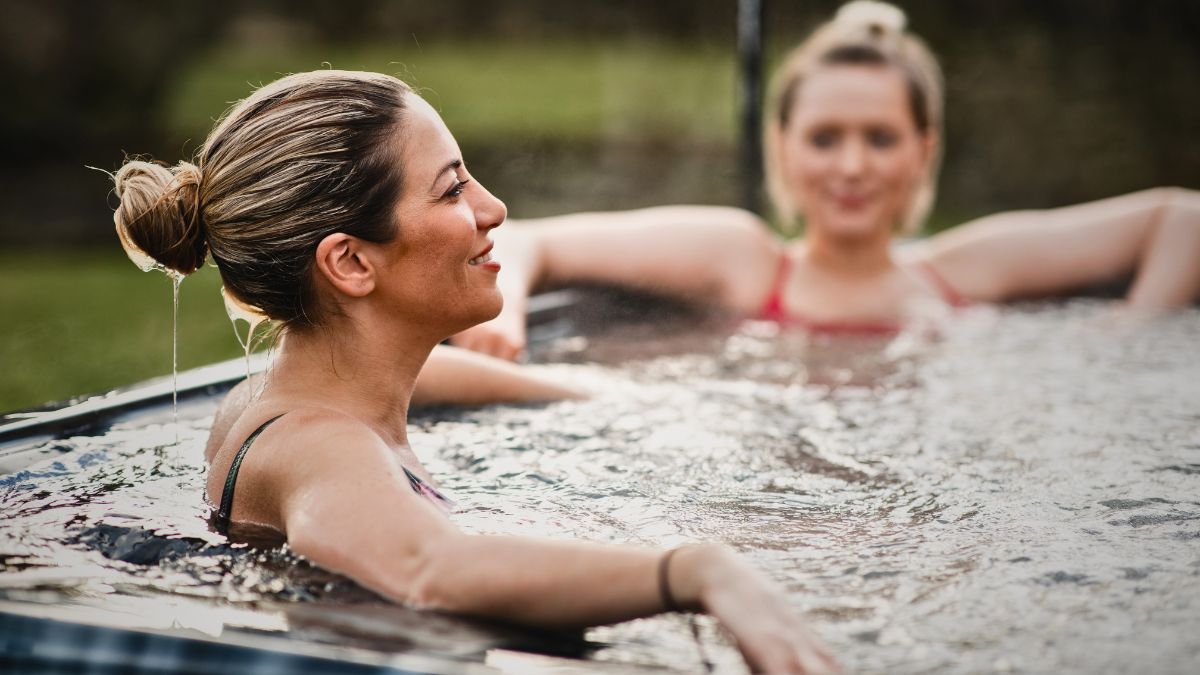
When Hot Tubs Are Okay After Diving
If you’ve waited 8 to 12 hours after your last dive and feel completely normal, a gentle soak in a hot tub is generally considered safe. Just pay attention to how you feel and exit immediately if you experience any unusual symptoms.
Did you know? In Costa Rica’s hot and humid climate, many divers actually prefer cool showers after diving anyway. It’s refreshing and safer, a win-win situation!
5. Don’t Rush Your Dive Log Documentation
It’s essential to log your dives for safety and personal record-keeping, but take your time with it.
Why Accurate Dive Logging Matters
Your dive log is more than just a personal journal. It’s a critical safety document that tracks your nitrogen loading, helps you plan future dives safely, and provides valuable information if you ever experience symptoms of DCS.
Accurate logs also help you:
- Plan surface intervals for subsequent dives
- Track your progress and experience
- Meet prerequisites for advanced courses
- Provide documentation for dive insurance claims if needed
Best Time to Complete Your Dive Log
After a dive, your brain might be buzzing with excitement and adrenaline. Instead of rushing to jot down every detail immediately, take a moment to relax. Let your heart rate return to normal, drink some water, and maybe chat with your dive buddies about what you saw.
Then, when you’re calm and focused, usually 20 to 30 minutes after surfacing you can accurately record what you’ve seen and learned.
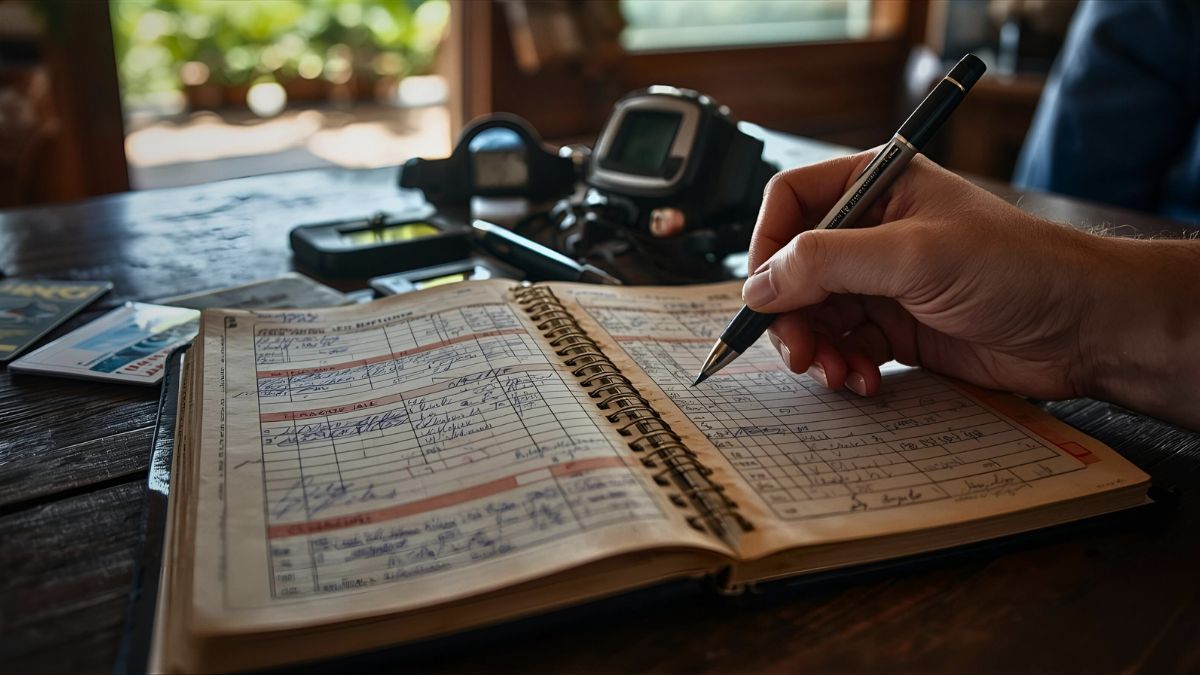
What Details You Should Never Forget
Here’s a checklist of essential information for every dive log:
- Date, time, and location of the dive
- Maximum depth and total dive time
- Entry and exit air pressure
- Water and air temperature
- Visibility conditions
- Surface interval before and after the dive
- Any unusual experiences or wildlife encounters
- How you felt during and after the dive
- Equipment used and any issues
Real-life example: On my first dive at Catalina Islands, I hurriedly logged my dive immediately after surfacing and missed recording key details like my maximum depth and total bottom time. Later, when planning my second dive, I realized that taking a moment to reflect on my experience would have made for a more accurate and meaningful dive log. Now I always take a short break, hydrate, and then complete my log with full attention.
6. Avoid Diving Again Too Soon
Even if you feel great after your first dive, diving too frequently without sufficient rest can lead to fatigue and increase the risk of decompression sickness.
Understanding Surface Intervals
A surface interval is the time you spend on the surface between dives. During this period, your body continues to off-gas nitrogen from the previous dive. The length of your required surface interval depends on:
- Depth and duration of your previous dive
- Your residual nitrogen level
- Depth and planned duration of your next dive
- Your personal factors (age, fitness, hydration, fatigue)
How to Calculate Safe Surface Intervals
Most dive training organizations recommend a minimum surface interval of at least 1 hour between dives, especially if you’re still within your training period. However, longer is usually better.
Modern dive computers automatically calculate your residual nitrogen and recommend safe surface intervals. Always follow your computer’s guidance, and if diving with tables, be conservative with your calculations.
For multi-day diving trips in Costa Rica, I typically follow this approach:
- Minimum 1 hour between morning and afternoon dives
- At least 3 to 4 hours between deeper dives
- No more than 3 to 4 dives per day
- At least one full day off after 4 to 5 consecutive diving days
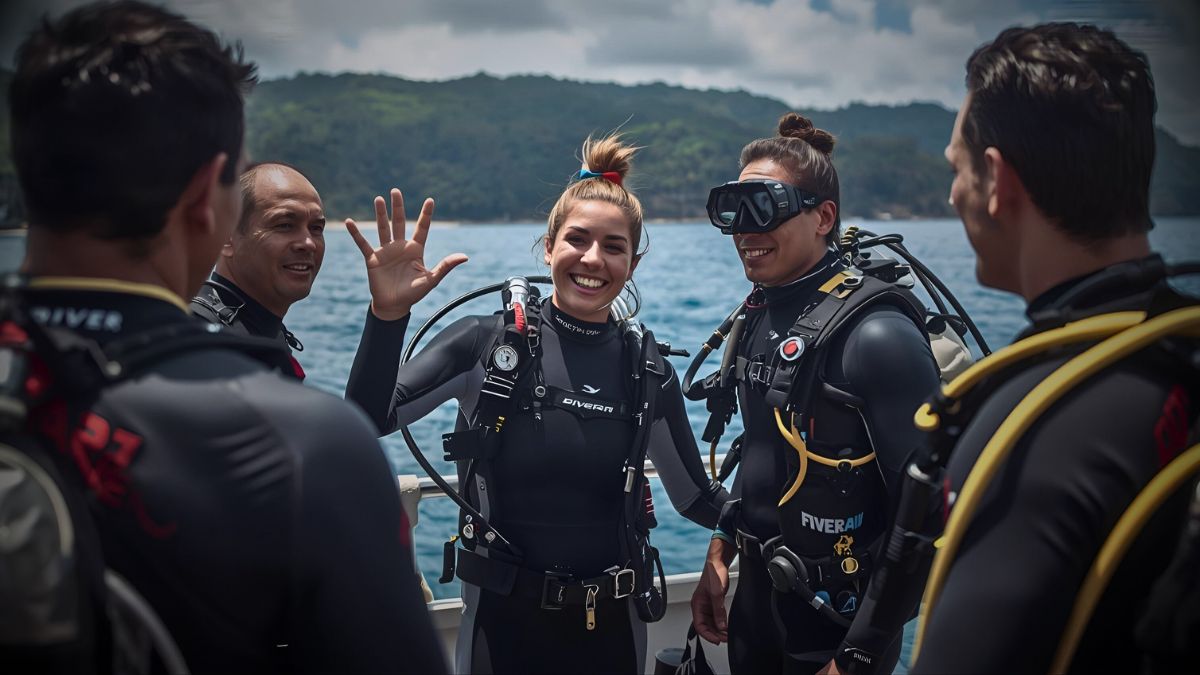
Signs Your Body Needs More Rest
Pay attention to these warning signs that you should extend your surface interval or skip the next dive:
- Unusual fatigue or exhaustion
- Headache or dizziness
- Any joint pain or tingling sensations
- Shortness of breath
- General feeling of being “off”
Counterargument: Some experienced divers believe that short surface intervals can be safe if managed carefully with conservative dive profiles and proper computer use. However, especially as a beginner, it’s important to prioritize safety. The risks associated with immediate diving often outweigh the thrill of going back in the water right away. There will always be another dive opportunity.
Fun fact: Professional dive guides and instructors often do 3 to 4 dives per day, but they follow extremely conservative profiles, maintain excellent fitness, stay perfectly hydrated, and take longer surface intervals than recreational divers. They’ve also built up experience gradually over years.
Additional Post-Dive Activities to Avoid
Beyond the six main points above, there are a few more activities you should be aware of:
Mountain Climbing and High-Altitude Activities
Avoid gaining significant altitude after diving. In Costa Rica, this is particularly relevant if you’re planning to visit places like San José (3,800 feet), Monteverde Cloud Forest (4,600 feet), or Irazú Volcano (11,260 feet).
The reduced atmospheric pressure at altitude has the same effect as flying, it can cause nitrogen bubbles to form. Wait at least 24 hours after your last dive before traveling to these locations. If you’re planning a mixed vacation, do your mountain adventures first, then end with beach diving.
Freediving After Scuba Diving
Freediving after scuba diving deserves special mention because it’s a common temptation. You’re on the boat, someone spots a manta ray at the surface, and you want to grab your mask and fins for a quick freedive to see it.
Resist the urge. The physical exertion of freediving combined with the pressure changes can increase bubble formation. Follow the same guidelines as flying: wait 12 hours after a single dive or 18 hours after multiple dives.
Shallow snorkeling at the surface (without breath-holding and diving down) is generally considered safe after a short rest period.
Deep Tissue Massages
According to DAN: “Massage has not been confidently associated with cases of DCS,” but experts caution against deep tissue massage. The two main concerns are that increased blood flow might lead to bubble formation, and muscle soreness from massage could be mistaken for DCS symptoms.
A gentle, relaxing massage is probably fine after 6 to 8 hours. But if you want a deep tissue or sports massage, wait at least 12 to 24 hours.
Alcohol Consumption
I mentioned this earlier in the hydration section, but it bears repeating. Alcohol is a diuretic that dehydrates you and can interfere with nitrogen elimination. It also masks DCS symptoms and impairs your judgment about whether you need medical attention.
If you want to enjoy a drink after diving in Costa Rica (and who can blame you, those beach sunsets are spectacular!), wait at least 3 to 4 hours, hydrate thoroughly with water first, and drink in moderation.
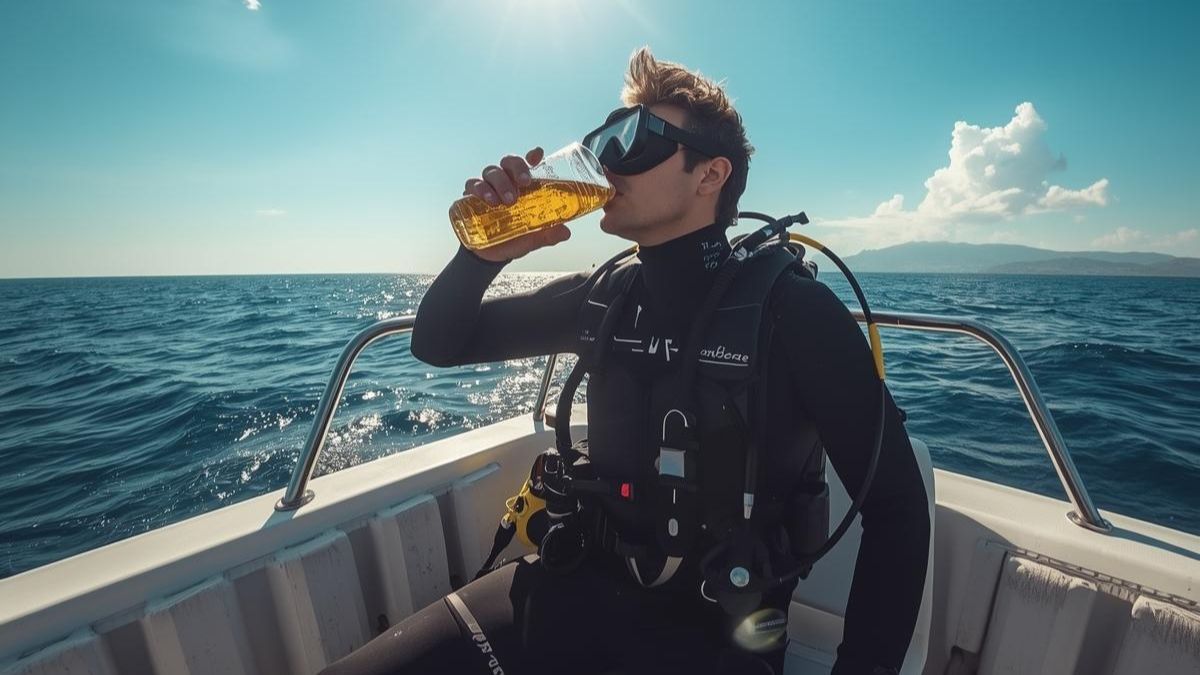
Recognizing Decompression Sickness Symptoms
Despite following all precautions, it’s crucial to know the signs and symptoms of DCS. Early recognition and treatment are essential.
Common symptoms include:
- Joint and muscle pain: Often described as deep, aching pain in shoulders, elbows, knees, or hips
- Neurological symptoms: Numbness, tingling, weakness, or paralysis
- Skin manifestations: Rash, itching, or mottled skin
- Respiratory symptoms: Shortness of breath, chest pain, or coughing
- Systemic symptoms: Extreme fatigue, headache, dizziness, confusion, or nausea
If you or a dive buddy experience any of these symptoms within 24 hours of diving, seek immediate medical attention. In Costa Rica, contact your dive operator immediately, they’ll have emergency protocols and know the nearest hyperbaric chamber locations.
Never dismiss symptoms or hope they’ll go away on their own. DCS is a medical emergency, and early treatment with oxygen and recompression therapy leads to much better outcomes.
What You SHOULD Do After Diving
After all these restrictions, you might be wondering what you can do after diving! The good news is there are plenty of safe and enjoyable activities:
Rest and Relax:
Take time to unwind, reflect on your dive, and let your body recover naturally.
Hydrate and Eat Well:
Drink plenty of water and enjoy nutritious meals with fruits, vegetables, and lean proteins.
Explore Costa Rica’s Low-Altitude Wonders:
- Walk along beautiful beaches
- Visit wildlife sanctuaries
- Explore local markets and villages
- Enjoy sunset from beachside cafés
- Take a gentle yoga class
- Watch wildlife from your resort
Document Your Experience:
Complete your dive log, organize your underwater photos, share stories with dive buddies, and plan your next diving adventure.
Learn and Grow:
Read about marine life you encountered, research new dive destinations, or start your next PADI course with eLearning.
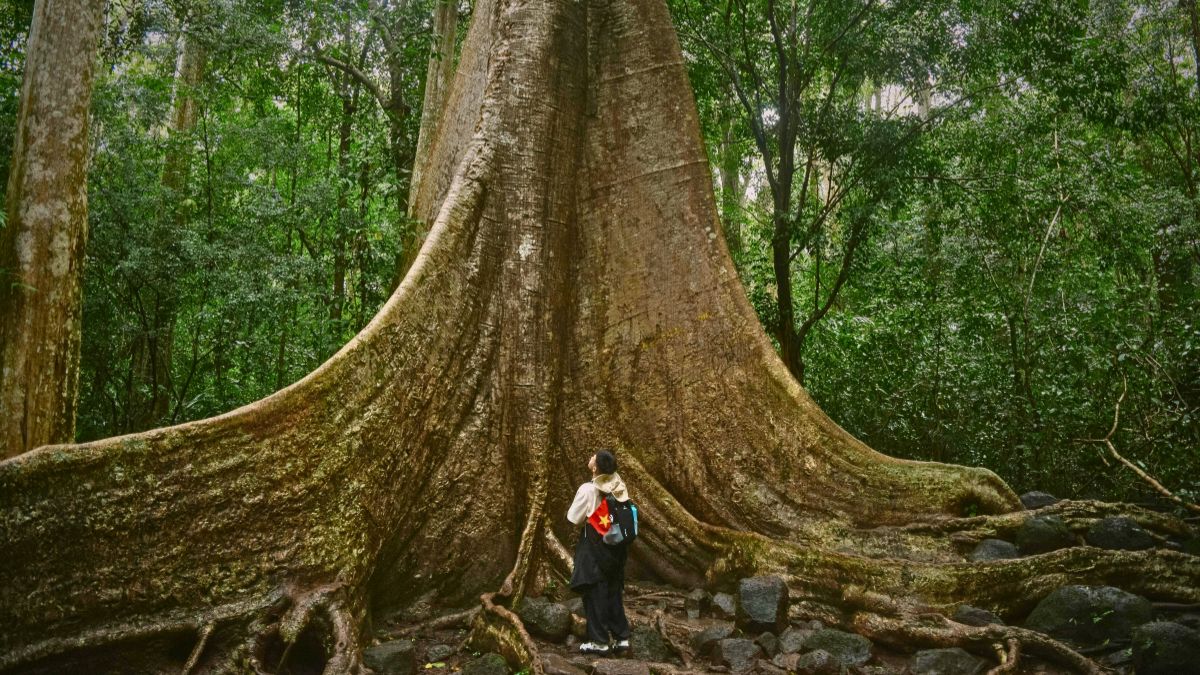
Let’s Recap: After Diving Safety Essentials
Enjoying the underwater world through scuba diving can be a life-changing experience. By avoiding these common mistakes immediately after your dive, you ensure not only your safety but also enhance your overall diving experience.
Remember these key things not to do after diving:
- Wait 24 hours before flying (minimum 12-18 hours depending on dive profile)
- Avoid strenuous exercise for at least 4 to 6 hours
- Stay well-hydrated with water and natural drinks
- Take lukewarm showers and wait before hot tubs
- Complete your dive log thoughtfully after resting
- Respect surface intervals between dives
Whether you’re diving with a PADI 5-Star Dive Center or exploring other locations, always prioritize safety above all else. Listen to your body, follow professional guidelines, and when in doubt, be conservative.
By understanding and implementing these guidelines, you’ll be well-prepared for your next underwater adventure in Costa Rica’s spectacular waters, fully ready to explore the breathtaking sights that await beneath the waves while keeping yourself safe and healthy.
Safe diving, and pura vida!
Frequently Asked Questions
How long should I wait before flying after diving in Costa Rica?
Wait at least 24 hours after your last dive before flying. This provides a safe buffer for nitrogen elimination regardless of your dive profile. If you only did one shallow dive, the minimum is 12 hours, but 24 hours is always safer.
Can I go to the beach after scuba diving?
Yes! Gentle beach activities are perfectly safe after diving. You can walk on the beach, relax in the shade, snorkel at the surface, or enjoy beachside restaurants. Just avoid strenuous activities like beach volleyball or long runs.
Is it safe to drink coffee after diving?
You can drink coffee in moderation after diving, but be aware that caffeine is a mild diuretic. Balance coffee consumption with extra water to maintain good hydration. Wait at least 1 to 2 hours after diving before your first coffee.
What should I do if I feel symptoms of decompression sickness?
Seek immediate medical attention. Contact your dive operator, breathe pure oxygen if available, and get to a medical facility as soon as possible. Never ignore symptoms or hope they’ll resolve on their own. In Costa Rica, your dive center will have emergency protocols.
Can I go diving two days in a row?
Yes, you can dive multiple days in a row if you follow proper surface intervals, stay hydrated, get adequate rest, and dive conservatively. Many divers enjoy 3 to 5 consecutive diving days. Just ensure at least 1 hour between dives on the same day and consider taking a day off every 4 to 5 days of diving.
How much water should I drink after diving?
Aim to drink 2 to 3 liters of water throughout the day after diving, starting with 16 to 24 ounces immediately after surfacing. In Costa Rica’s tropical heat, you may need even more.
Can I swim in a pool after scuba diving?
Gentle swimming or floating in a pool is generally safe after an hour or two of rest. However, avoid swimming laps or any vigorous pool activities for at least 4 to 6 hours. Also, ensure the pool is at normal temperature, not a heated pool or hot tub.
Sources used in writing this blog
This article is based on guidelines and research from the following authoritative sources:
- Divers Alert Network (DAN) – Guidelines for Flying After Diving and Post-Dive Safety Protocols
- PADI – Open Water Diver Manual and Safety Guidelines
- Peer-reviewed research on hydration and decompression sickness prevention
- Dr. David W. McNair, Dive Medicine Specialist – Expert insights on post-dive safety


